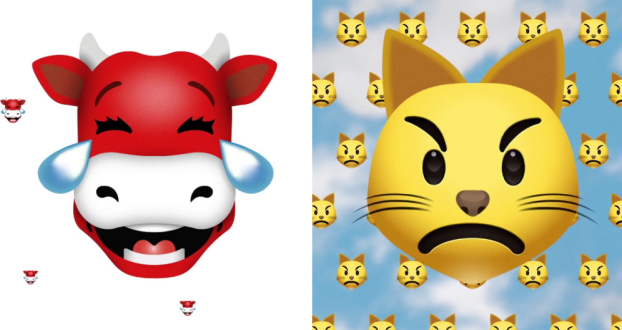A small Ontario company is poised to break into the international marketplace with a product it believes will snap at the heels of the category leader by the end of the year.
National distribution will put penetrating lubricant Deep Lube into the arena with the undisputed leader in the category WD-40 from Toronto-based WD-40 Products.
WD-40 dominates a Canadian market estimated at between $16 million and $20 million.
Henry Heidebrecht, owner of Deep Lube, a company located in the southwestern Ontario town of Virgil, says while he has been successful in selling Deep Lube penetrating lubricant regionally over the past four years, recent national and international distribution deals will now propel the product into the mass market.
Wider distribution will be supported by a campaign of 30-second and 60-second tv commercials for Deep Lube beginning mid-March on nine stations across Canada.
Marquis Marketing, of Waterloo, Ont., created the advertising and is also behind bringing Deep Lube to the attention of major retail and distribution chains through product placement followed up by market test results.
As a result, Home Hardware has listed Deep Lube and now is pushing the product to nearly 1,000 dealers across Canada.
Deep Lube is also signing a deal with another national chain, an agreement that would see Deep Lube sold in 1,500 locations nationwide, and it will reach other retailers through a range of newly signed consumer, automotive and agricultural distribution companies.
Heidebrecht is also negotiating with interested distributors in South Korea, Hong Kong, China, the u.k., and has already shipped Deep Lube to Germany.
Closer to home, within the next three months, Deep Lube will be pushing into the u.s. market, which spends a whopping $100 million a year on penetrating lubricants.
The market for penetrating lubricants is not limited to consumers. It has several uses in the building trades, the automotive industry and in other fields using heavy machinery.
A penetrating lubricant, employed for home use with a drinking straw-like applicator and a spray can, infiltrates, loosens and cleans rusted metal, protects metal and displaces moisture in wet engines.
Heidebrecht says some electricians even apply Deep Lube to outdoor light sockets, with the power off, to keep lightbulbs from rusting inside.
Not all penetrating lubricants are created equal.
WD-40 is mostly kerosene, with a bit of oil and other additives, while other competitors contain kerosene and graphite, or have an expensive Teflon base.
Heidebrecht says WD-40 is most like Deep Lube in makeup, but has a smaller oil component than Deep Lube, so the lubricating protection can dry up over time.
He says that not only is Deep Lube more effective and less expensive than WD-40, it is cleaner, purer, has a pleasant scent and will not stick to painted metal surfaces.
Deep Lube is produced and packaged in Venezuela.
When Heidebrecht decided the world needed a better WD-40, he went to a lab in Venezuela with his specifications that included the use of molybdenum disulphide, a mineral that acts as a friction fighter and will only bond to unpainted metal surfaces and will not stick to paint, hands, furniture or clothes.
Heidebrecht came up with his idea for Deep Lube after many years in the construction industry.
He has other ideas for new and better products that he plans to develop after Deep Lube is properly on its way.























